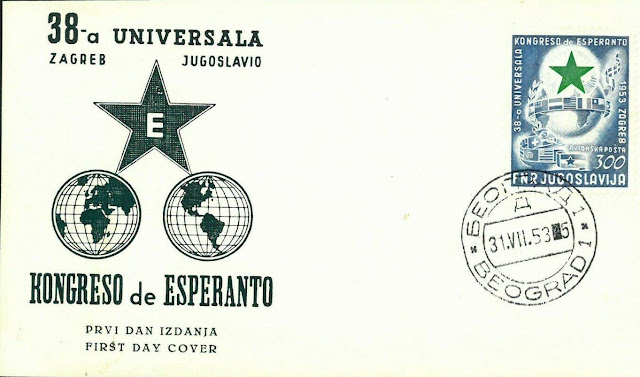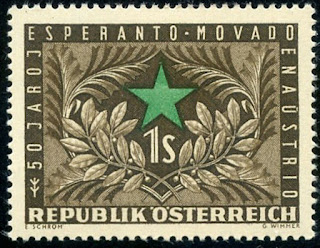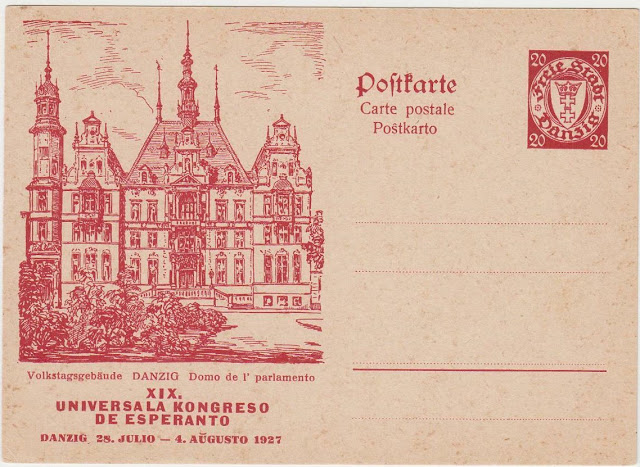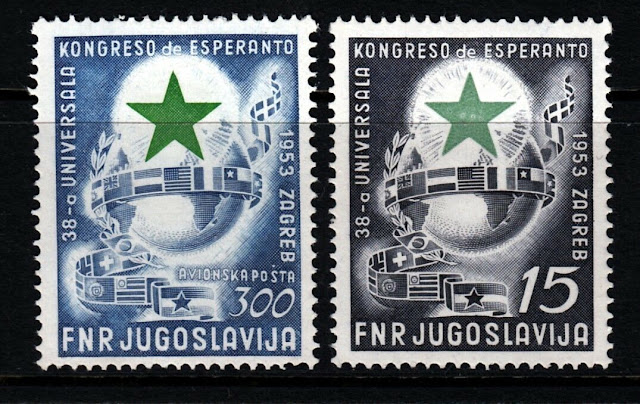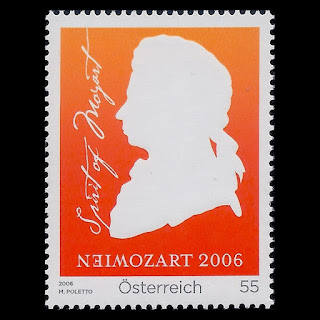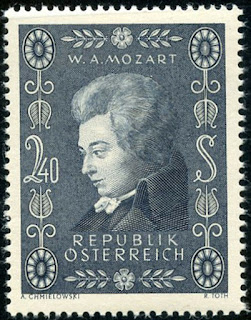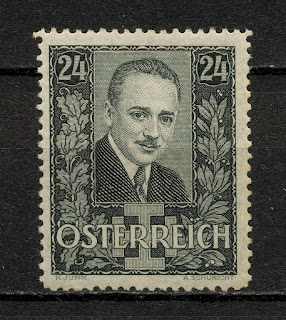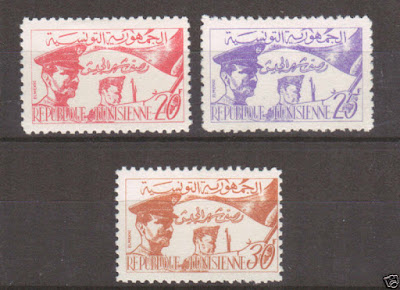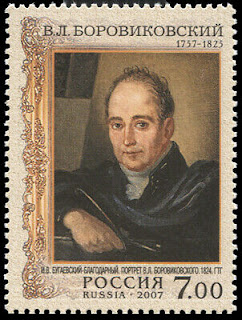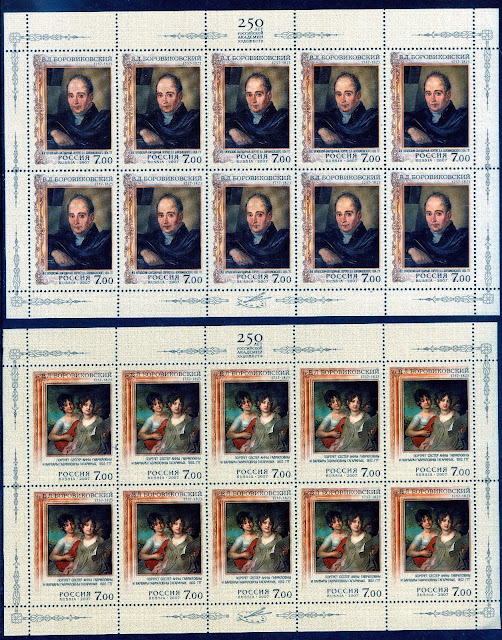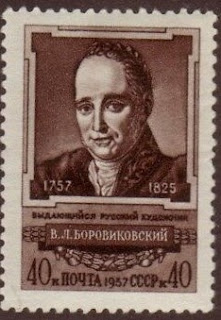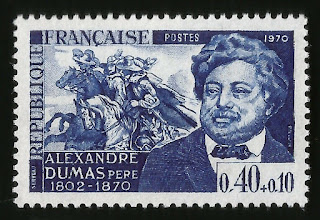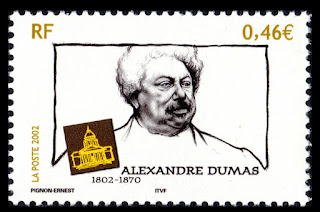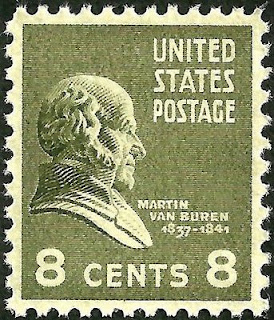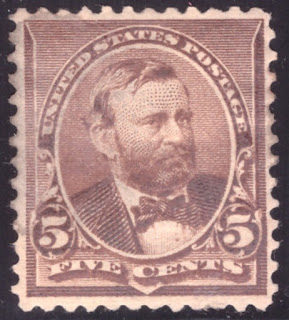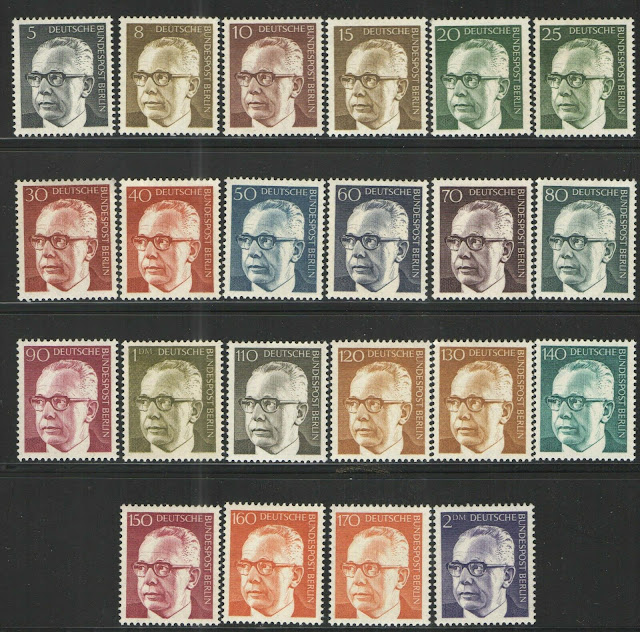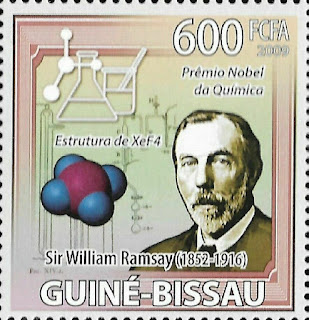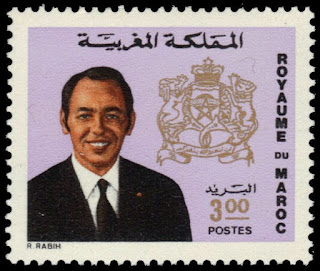1890 – Vincent van Gogh shoots himself and dies two days later
Vincent Willem van Gogh (30 March 1853 – 29 July 1890) was a Dutch post-impressionist painter who is among the most famous and influential figures in the history of Western art. In just over a decade he created about 2,100 artworks, including around 860 oil paintings, most of them in the last two years of his life. They include landscapes, still lifes, portraits and self-portraits, and are characterised by bold colours and dramatic, impulsive and expressive brushwork that contributed to the foundations of modern art. He was not commercially successful, and his suicide at 37 followed years of mental illness and poverty
On 27 July 1890, aged 37, Van Gogh shot himself in the chest with a 7mm Lefaucheux à broche revolver. There were no witnesses and he died 30 hours after the incident. The shooting may have taken place in the wheat field in which he had been painting, or a local barn. The bullet was deflected by a rib and passed through his chest without doing apparent damage to internal organs – probably stopped by his spine. He was able to walk back to the Auberge Ravoux, where he was attended to by two doctors, but without a surgeon present the bullet could not be removed. The doctors tended to him as best they could, then left him alone in his room, smoking his pipe. The following morning Theo rushed to his brother's side, finding him in good spirits. But within hours Vincent began to fail, suffering from an untreated infection resulting from the wound. He died in the early hours of 29 July. According to Theo, Vincent's last words were: "The sadness will last forever"
Some stamps from the Netherlands, Monaco, Aruba and Ukraine depicting Vincent van Gogh or his works
The Boxer rebellion, an anti-western uprising in China, was put down in 1900 by an international force of British, French, Russian, Italian, American, Japanese, and German troops. The Germans, however, forfeited any prestige that they might have gained for their participation by arriving only after the British and Japanese forces had taken Peking, the site of the fiercest fighting. Moreover, the poor impression left by the German troops' late arrival was made worse by the Kaiser's ill-conceived farewell address, in which he commanded them, in the spirit of the Huns, to be merciless in battle. Wilhelm delivered this speech in Bremerhaven on 27 July 1900, addressing German troops who were departing to suppress the Boxer rebellion in China. The speech was infused with Wilhelm's fiery and chauvinistic rhetoric and clearly expressed his vision of German imperial power. There were two versions of the speech. The Foreign Office issued an edited version, making sure to omit one particularly incendiary paragraph that they regarded as diplomatically embarrassing. The edited version was this:
Great overseas tasks have fallen to the new German Empire, tasks far greater than many of my countrymen expected. The German Empire has, by its very character, the obligation to assist its citizens if they are being set upon in foreign lands. The tasks that the old Roman Empire of the German nation was unable to accomplish, the new German Empire is in a position to fulfill. The means that make this possible is our army.
It has been built up during thirty years of faithful, peaceful labor, following the principles of my blessed grandfather. You, too, have received your training in accordance with these principles, and by putting them to the test before the enemy, you should see whether they have proved their worth in you. Your comrades in the navy have already passed this test; they have shown that the principles of your training are sound, and I am also proud of the praise that your comrades have earned over there from foreign leaders. It is up to you to emulate them.
A great task awaits you: you are to revenge the grievous injustice that has been done. The Chinese have overturned the law of nations; they have mocked the sacredness of the envoy, the duties of hospitality in a way unheard of in world history. It is all the more outrageous that this crime has been committed by a nation that takes pride in its ancient culture. Show the old Prussian virtue. Present yourselves as Christians in the cheerful endurance of suffering. May honor and glory follow your banners and arms. Give the whole world an example of manliness and discipline.
You know full well that you are to fight against a cunning, brave, well-armed, and cruel enemy. When you encounter him, know this: no quarter will be given. Prisoners will not be taken. Exercise your arms such that for a thousand years no Chinese will dare to look cross-eyed at a German. Maintain discipline. May God’s blessing be with you, the prayers of an entire nation and my good wishes go with you, each and every one. Open the way to civilization once and for all! Now you may depart! Farewell, comrades!
The official version omitted the following passage from which the speech derives its name:
Should you encounter the enemy, he will be defeated! No quarter will be given! Prisoners will not be taken! Whoever falls into your hands is forfeited. Just as a thousand years ago the Huns under their King Attila made a name for themselves, one that even today makes them seem mighty in history and legend, may the name German be affirmed by you in such a way in China that no Chinese will ever again dare to look cross-eyed at a German.
The term "Hun" later became the favored epithet of Allied anti-German war propaganda during the First World War.
As far as I know the 5 mark stamp is the only German Empire stamp which has Kaiser Wilhelm II depicted. I am not sure if that is Kaiser Wilhelm II on the 3 mark stamp
Below are the 5 mark stamps as well as some postcards depicting Kaiser Wilhelm II










